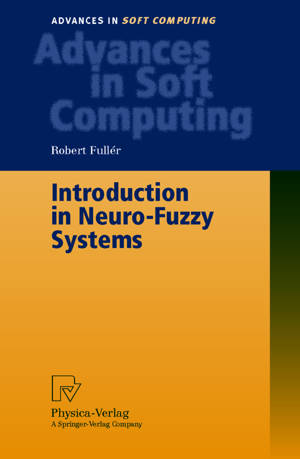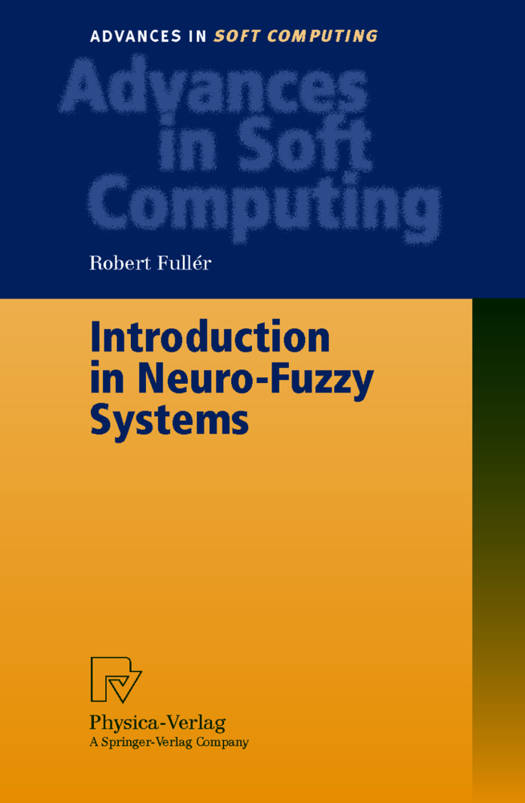
- Afhalen na 1 uur in een winkel met voorraad
- Gratis thuislevering in België vanaf € 30
- Ruim aanbod met 7 miljoen producten
- Afhalen na 1 uur in een winkel met voorraad
- Gratis thuislevering in België vanaf € 30
- Ruim aanbod met 7 miljoen producten
Zoeken
Omschrijving
Fuzzy sets were introduced by Zadeh (1965) as a means of representing and manipulating data that was not precise, but rather fuzzy. Fuzzy logic pro- vides an inference morphology that enables approximate human reasoning capabilities to be applied to knowledge-based systems. The theory of fuzzy logic provides a mathematical strength to capture the uncertainties associ- ated with human cognitive processes, such as thinking and reasoning. The conventional approaches to knowledge representation lack the means for rep- resentating the meaning of fuzzy concepts. As a consequence, the approaches based on first order logic and classical probablity theory do not provide an appropriate conceptual framework for dealing with the representation of com- monsense knowledge, since such knowledge is by its nature both lexically imprecise and noncategorical. The developement of fuzzy logic was motivated in large measure by the need for a conceptual framework which can address the issue of uncertainty and lexical imprecision. Some of the essential characteristics of fuzzy logic relate to the following [242]. - In fuzzy logic, exact reasoning is viewed as a limiting case of ap- proximate reasoning. - In fuzzy logic, everything is a matter of degree. - In fuzzy logic, knowledge is interpreted a collection of elastic or, equivalently, fuzzy constraint on a collection of variables. - Inference is viewed as a process of propagation of elastic con- straints. - Any logical system can be fuzzified. There are two main characteristics of fuzzy systems that give them better performance für specific applications.
Specificaties
Betrokkenen
- Auteur(s):
- Uitgeverij:
Inhoud
- Aantal bladzijden:
- 289
- Taal:
- Engels
- Reeks:
- Reeksnummer:
- nr. 2
Eigenschappen
- Productcode (EAN):
- 9783790812565
- Verschijningsdatum:
- 17/11/1999
- Uitvoering:
- Paperback
- Formaat:
- Trade paperback (VS)
- Afmetingen:
- 156 mm x 234 mm
- Gewicht:
- 435 g

Alleen bij Standaard Boekhandel
+ 251 punten op je klantenkaart van Standaard Boekhandel
Beoordelingen
We publiceren alleen reviews die voldoen aan de voorwaarden voor reviews. Bekijk onze voorwaarden voor reviews.








